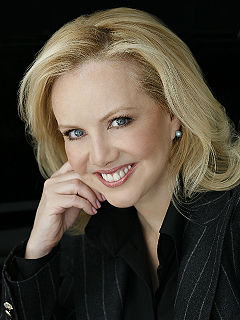A Quote by Stuart J. Russell
If you had a system that could read all the pages and understand the context, instead of just throwing back 26 million pages to answer your query, it could actually answer the question. You could ask a real question and get an answer as if you were talking to a person who read all those millions and billions of pages, understood them, and synthesized all that information.
Related Quotes
I'm so used to artists saying to me, "Listen, I'm going to have five pages done next week," and then three weeks later I'm phoning them, begging them for two pages. And Stuart [Immonen]is a guy who will promise you five pages and deliver six pages, and the six pages are even better than you could have ever imagined.
To be a scientist you have to be willing to live with uncertainty for a long time. Research scientists begin with a question and they take a decade or two to find an answer. Then the answer they get may not even answer the question they thought it would. You have to have a supple enough mind to be open to the possibility that the answer sometimes precedes the question itself.
You're able to use a search engine, like Google or Bing or whatever. But those engines don't understand anything about pages that they give you; they essentially index the pages based on the words that you're searching, and then they intersect that with the words in your query, and they use some tricks to figure out which pages are more important than others. But they don't understand anything.
We're affable guys in They Might Be Giants. We're not gonna do the periscope-down thing, but it's a little bit mind-bending. The biggest struggle is trying to figure out a way to back up far enough in your answer that it can be read without the context of the question. Every declarative statement you see that comes out of an interview with somebody is actually in response to a question. So it's sort of like this very real interpersonal dance where one of the people involved is invisible.




































